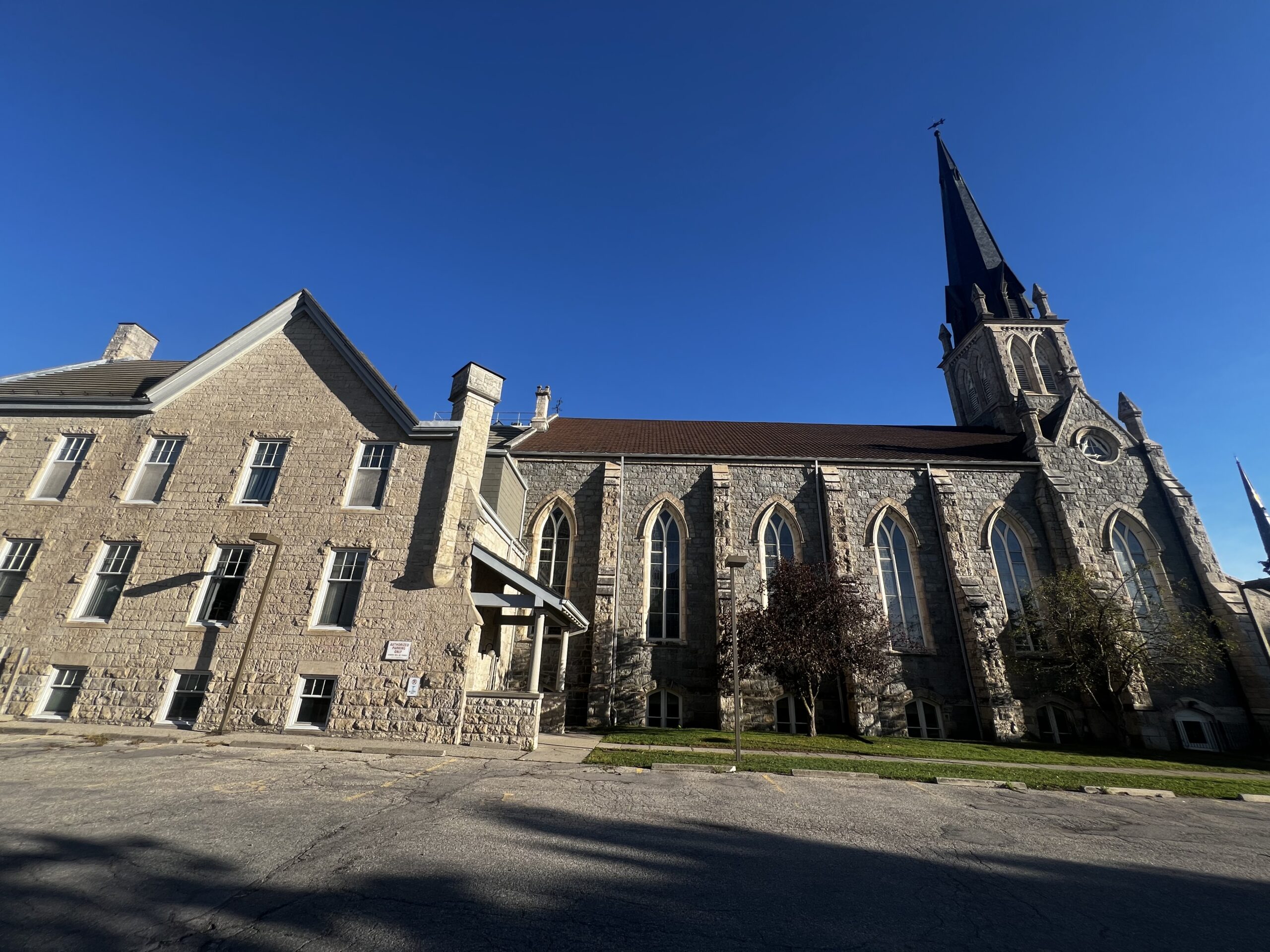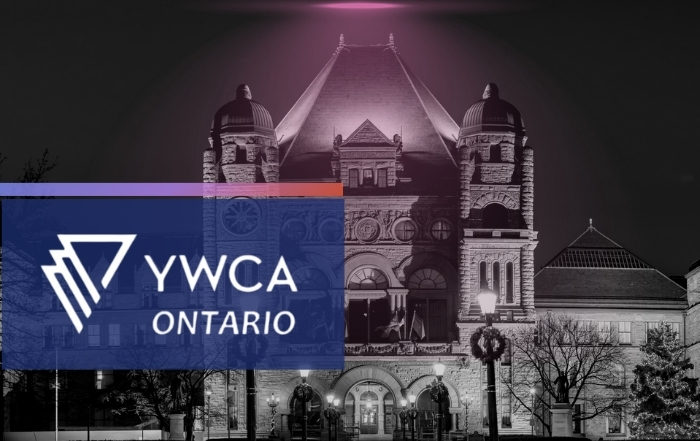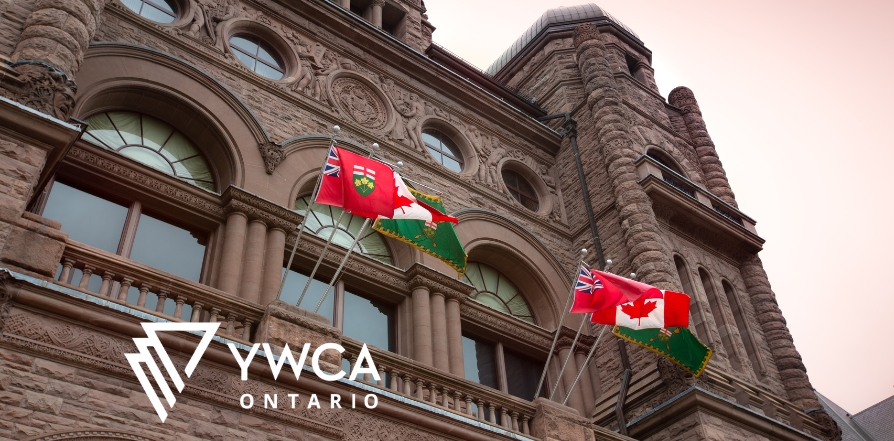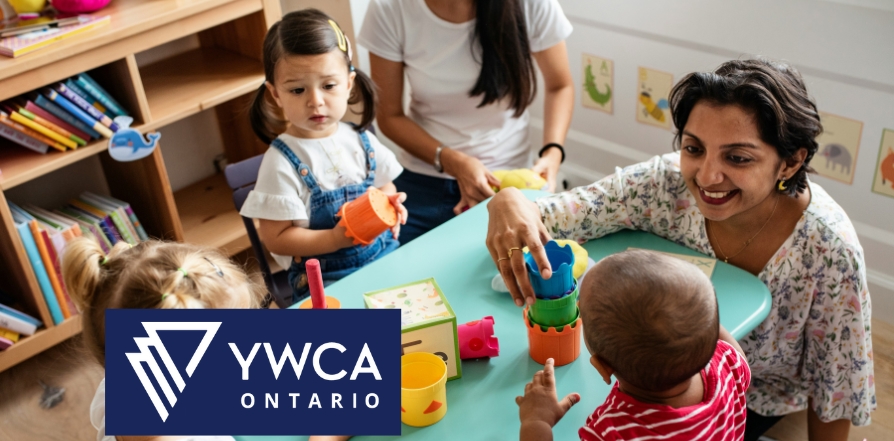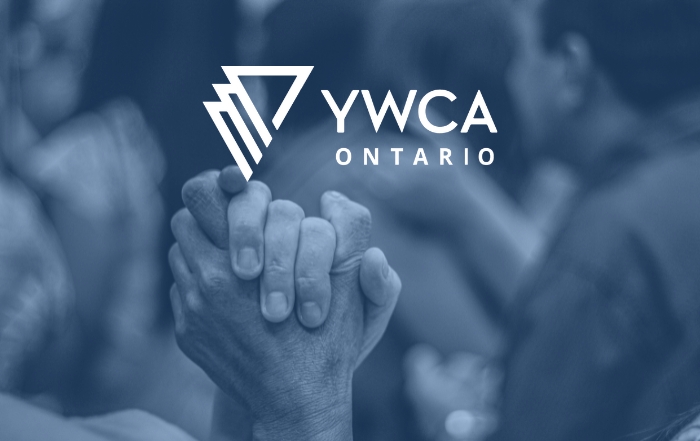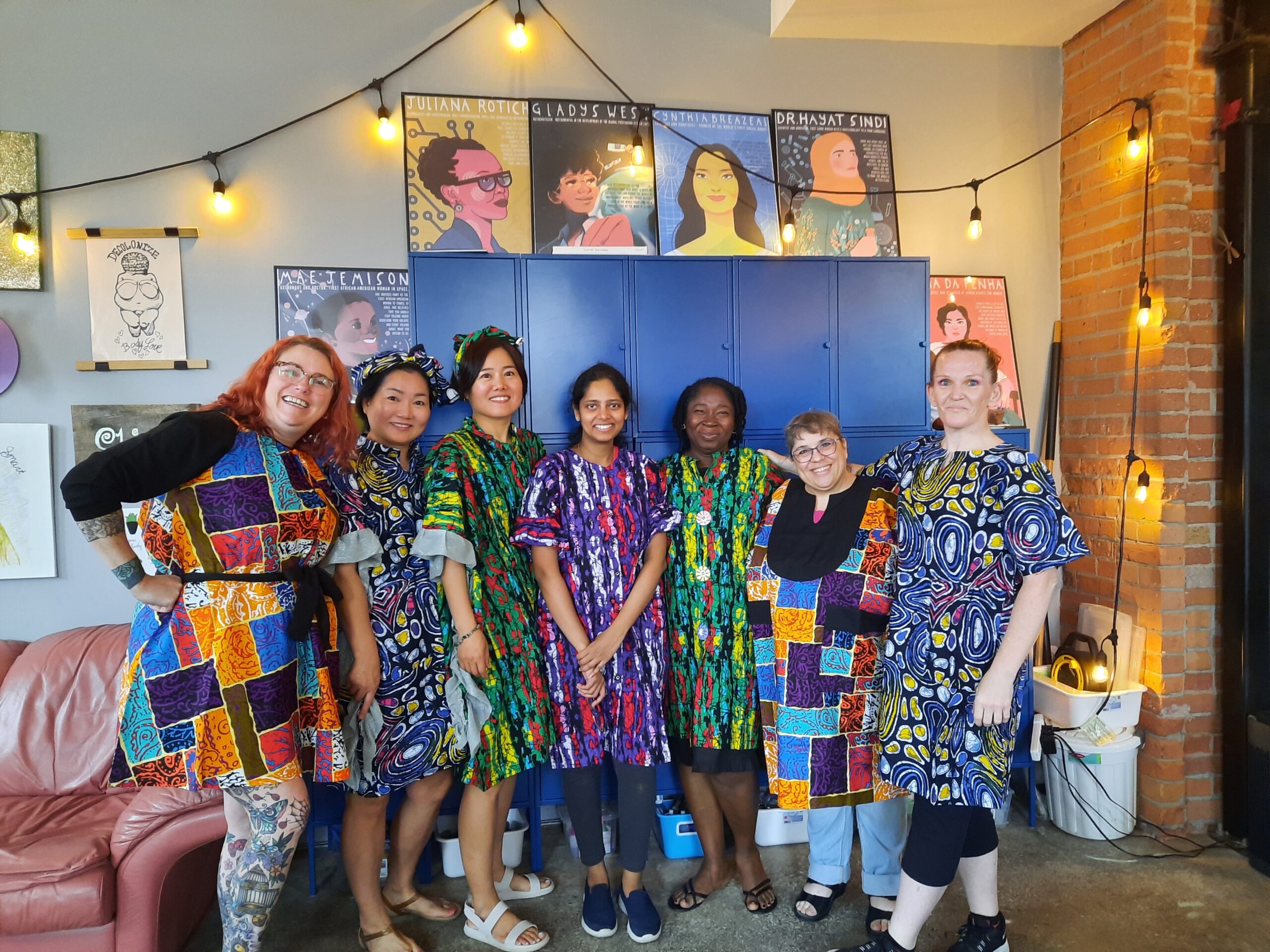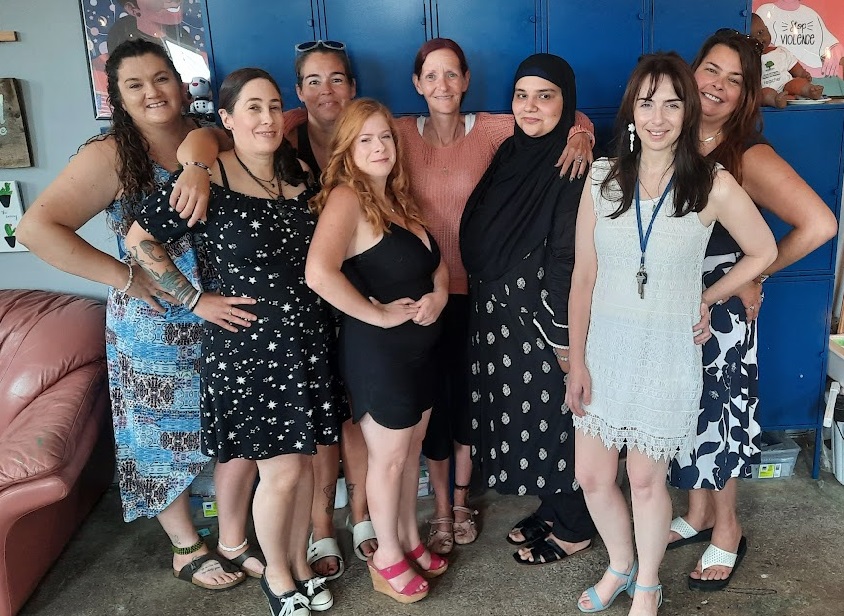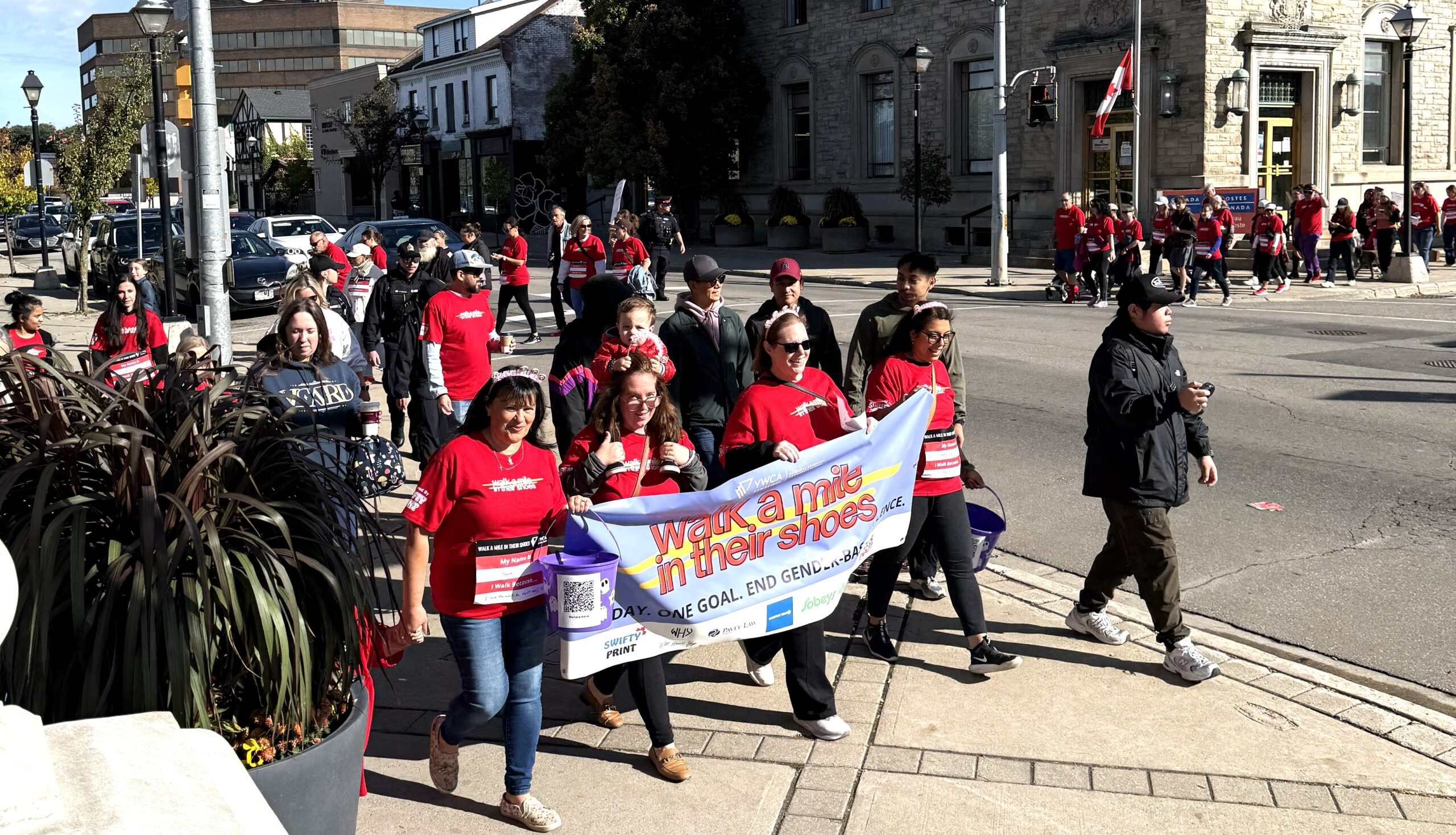On September 12, 2023, Cambridge City Council passed a motion declaring intimate partner violence (IPV) an epidemic. YWCA Cambridge CEO Kim Decker was present to delegate in favour of the motion. Below is a copy of Kim’s remarks.
Mayor Liggett and Members of Council. My name is Kim Decker and I’m the CEO of YWCA Cambridge, an organization which has been providing responsive programming and services to women, girls and gender diverse individuals in Cambridge for 75 years.
I’m here to express my and YWCA Cambridge’s support for Councillor Scott Hamilton’s motion for Cambridge to declare IPV an epidemic.
Carol Culleton was 66 in 2015 before she was killed by Basil Borutski who was known to her, who scared her, and whose repeated advances she’d rejected. Days after she told him once again to leave her alone and that she has a boyfriend, Basil killed her in her home.
Anastasia Kuzyk was just 36 in 2015 when she was killed by that same man on the same day. Their relationship had ended when he was sentenced to 17 months in prison after being found guilty of physically assaulting Anastasia. Upon release, Basil was ordered to attend a Partner Assault Response program to which he never showed.
Nathalie Warmerdam was 48. She lived in fear of Basil since their relationship ended three years prior. After months of abuse including physical violence and death threats, she reported him to police and he was sentenced to 150 days in jail. But then he was released. He was ordered to attend a PAR counselling program, but, once again, never attended. Nathalie was so afraid of Basil, she regularly wore a panic button that would alert police of her presence when she pressed it, and she kept a gun beside her bed.
The most striking thing about the tragedy of these deaths is how preventable they all were. Each of these women feared Basil. He was well known in the community to be violent and erratic. There were countless red flags, and yet, the system failed. It failed to keep these women safe, and it failed to adequately address Basil’s years-long history of violence against women.
Following an inquest into the Renfrew Triple Femicide, the jury produced 86 recommendations. These recommendations point to systemic underfunding of frontline supports and glaring gaps in the justice system. They also point to the need to reframe the public understanding of, and government response to, an insidious, often hidden experience, one that has far-reaching consequences.
At YWCA Cambridge, we’ve seen firsthand the consequences of underfunding of frontline supports, including upstream prevention work. We have provided free gender-based violence prevention programming with youth for more than 10 years with no core funding support, meaning we rely on a piecemeal of grants and donations to do this evidence-based work that we know improves outcomes for girls and gender diverse youth, as well as boys. While the pandemic brought on a troubling increase in GBV and led to increased demand for our in-school violence prevention programming, we can’t secure adequate funding from any level of government or funder to begin addressing long waitlists. Meanwhile, we’re hearing from school administrators and child and youth workers that violent and discriminatory behaviours among youth is only getting worse.
It’s well known that IPV and GBV more broadly is on the rise and that, more often than not, it’s men perpetrating the violence against women. It’s also well known that IPV and GBV have significant impacts, not only on the emotional and mental well-being of survivors and their families but also on the economy. It is estimated that domestic violence costs employers in Canada $78 million annually, and in a recent survey, 71% of Canadian employers reported needing to support an employee with a domestic violence situation. Beyond workplace impacts, GBV and IPV place economic strain on our healthcare and justice systems. In 2009 alone, the economic impact of spousal violence in Canada was $7.4 billion. In contrast, achieving gender equity, of which ending GBV and IPV is a crucial step, has the potential to add $12 trillion to global growth. To achieve a thriving economy – locally, provincially, and federally, tackling GBV and IPV must be a priority of all levels of government.
It is my hope that this council will see the importance – and the urgency – in joining the dozens of municipalities across the province in declaring IPV an epidemic and that you request the province do the same. Ending IPV and GBV requires all levels of government to first acknowledge the problem and then commit to addressing.
Over 40 years ago I started my career at Anselma House and I said it then and I will say it now, we need to stop thinking of it as a private matter and start talking about the public benefit of investing in things like violence prevention, increased frontline supports to respond to violence, and public education.
We all have a shared goal of building a thriving community. One critical way of achieving that is by tackling two of the worst impediments to women, girls and gender diverse individuals’ potential: gender-based violence (GBV) and intimate partner violence (IPV).

